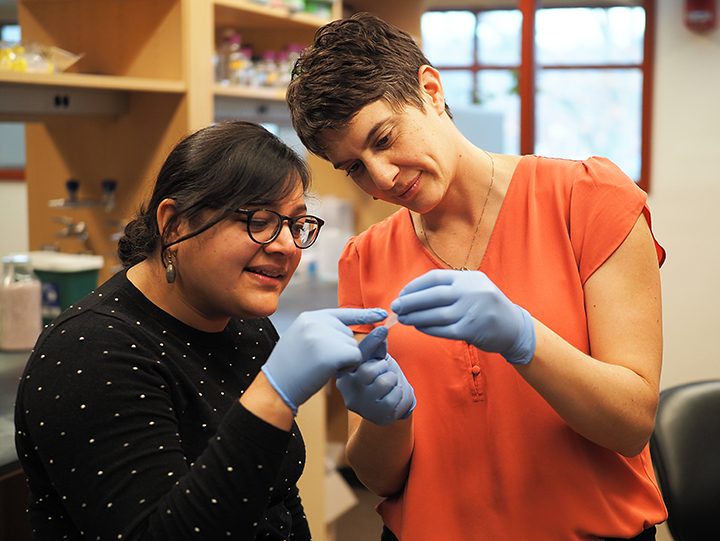All Scientists
About Our Arboretum Scientists
With state-of-the-art research and growth facilities nestled alongside over 16,000 living specimens (2,100 species), the Arnold Arboretum is uniquely positioned to ask broad and important questions in plant biology. Our scientists’ research is as diverse as our living collection, ranging from organismic and evolutionary biology, molecular and developmental biology, plant physiology, and ecological, environmental and biodiversity studies. Emphasizing our close relationship to the Department of Organismic and Evolutionary Biology (OEB), many of our scientists have dual appointments in OEB and the Arboretum.
Faculty Fellows of the Arnold Arboretum of Harvard University contribute significantly to one or more of five areas central to the mission of the Arnold Arboretum:
- Leading or collaborating on research based at the Arboretum
- Mentoring students and postdoctoral fellows based at the Arboretum
- Teaching Harvard courses based at the Arboretum
- Providing input on living or archival collections and landscape management
- Creating outreach programs to share science and other scholarship with the public at the Arboretum.
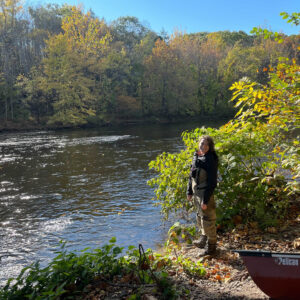
Alaina Bisson
Graduate Student, OEB, Taylor Lab
Fellow of the Arnold Arboretum of Harvard University
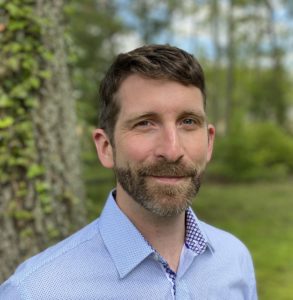
Benton Taylor
Associate Professor of Organismic and Evolutionary Biology
Faculty Fellow of the Arnold Arboretum of Harvard University
Benton Taylor focuses on how plants respond-to and influence their environments, particularly in view of global change. Although the primary focus of the Taylor lab is at the ecosystem scale, the research questions require viewing plants at individual as well as community scales toward a better understanding of the role of plants in global processes.
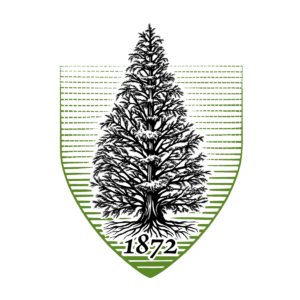
Calvin Heslop
Graduate Student, OEB, Taylor Lab
Fellow of the Arnold Arboretum of Harvard University
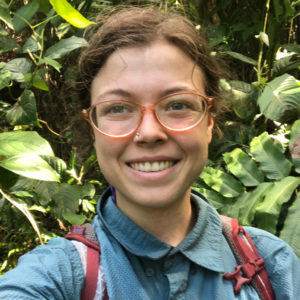
Carina Berlingeri
Graduate Student, OEB, Taylor Lab
Fellow of the Arnold Arboretum of Harvard University
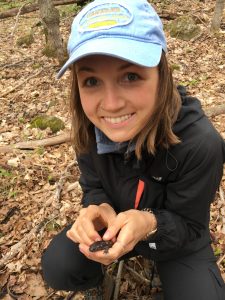
Christina Steinecke
Graduate Student, OEB, Hopkins Lab
Fellow of the Arnold Arboretum of Harvard University
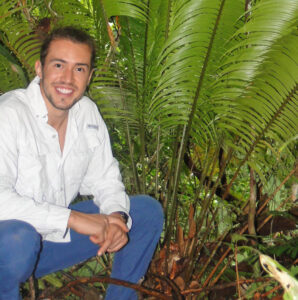
Daniel Faccini
Graduate Student, OEB, Friedman Lab
Fellow of the Arnold Arboretum of Harvard University
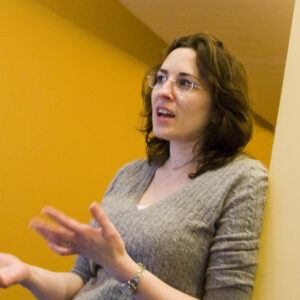
Elena Kramer
Bussey Professor of Organismic and Evolutionary Biology
Harvard College Professor
Faculty Fellow of the Arnold Arboretum of Harvard University
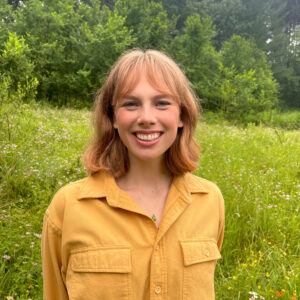
Eve Farrell
Graduate Student, OEB, Taylor Lab
Fellow of the Arnold Arboretum of Harvard University

Faye Rosin
Director of Research Facilitation
Arnold Arboretum of Harvard University
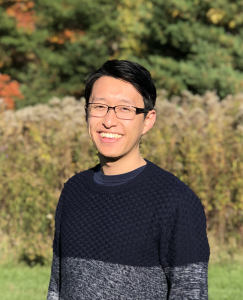
Felix Wu
Postdoctoral Fellow, OEB, Hopkins Lab
Fellow of the Arnold Arboretum of Harvard University
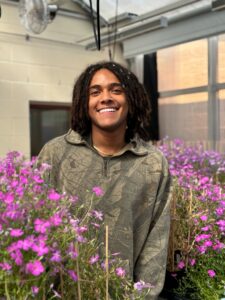
Gabe Effiong
Graduate Student, OEB, Hopkins Lab
Fellow of the Arnold Arboretum of Harvard University
Gabe Effiong is an aspiring evolutionary biologist who’s fascinated with the diversity of form in flowering plants. He’s worked on a range of taxa including Mimulus, Cupressaceae, and Drosophila species. As a graduate student in the Hopkins Lab, he is focusing on holistically understanding selective mechanisms driving floral trait divergence, as well as morphological responses to polyploidy and hybridization events in closely related angiosperms.

Lauren Jaeger
Research Assistant, OEB, Taylor Lab
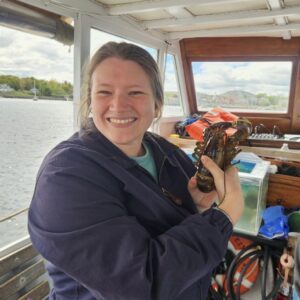
Lindsey Adams
Research Assistant, Friedman Lab and Weld Hill Labs
Arnold Arboretum of Harvard University

Mansa Srivastav
2025 Global Change Fellow
Mansa Srivastav focuses on Honeysuckles (Lonicera) and the evolutionary puzzle of why only one of their three major groups has successfully made the leap into alpine environments. Using alpine ecosystems as natural laboratories, she will explore whether Lonicera species distributions reflect chance or traceable evolutionary events. During her PhD, she investigated the systematics and biogeography of Lonicera, along with species boundaries and phylogeographic patterns in a high-altitude Honeysuckle lineage endemic to the Himalayan-Hengduan region.
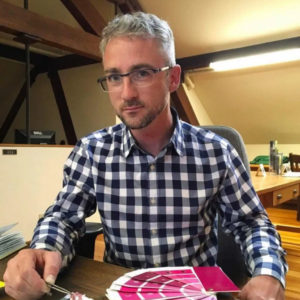
Michael Dosmann
2000-2002 Putnam Fellow
Keeper of Living Collections
Arnold Arboretum of Harvard University
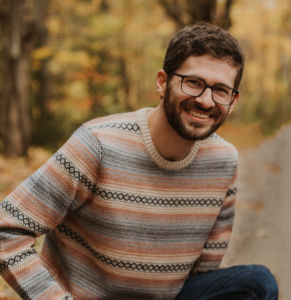
Michael LaScaleia
2024 Putnam Fellow
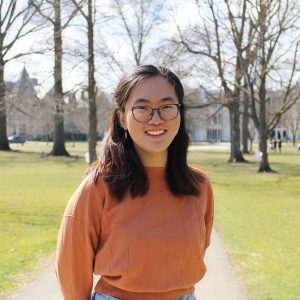
My Trinh
Graduate Student, OEB, Friedman Lab
Fellow of the Arnold Arboretum of Harvard University
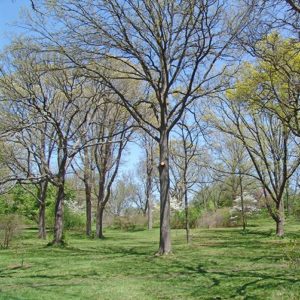
N. Michele Holbrook
Professor of Organismic and Evolutionary Biology
Charles Bullard Professor of Forestry
Faculty Fellow of the Arnold Arboretum of Harvard University

Nikhil Chari
Graduate Student, OEB, Taylor Lab
Fellow of the Arnold Arboretum of Harvard University
Nikhil Chari, graduate student in the Taylor Lab, is a biogeochemist interested in carbon and nutrient cycling governing terrestrial ecosystems. His focus is currently on the effects of elevated CO2 on root-soil interactions and soil carbon dynamics.
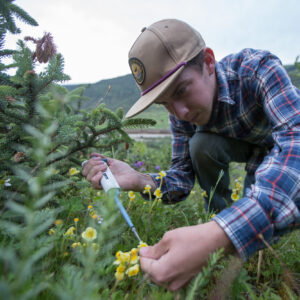
Patrick McKenzie
Postdoctoral Fellow, OEB, Hopkins Lab
Fellow of the Arnold Arboretum of Harvard University
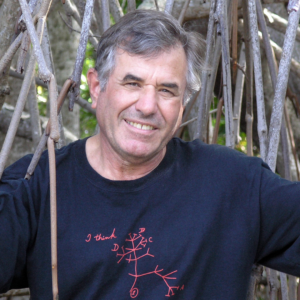
Peter Del Tredici
Senior Research Scientist Emeritus
Arnold Arboretum of Harvard University
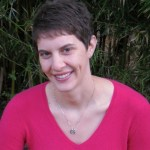
Robin Hopkins
Professor of Organismic and Evolutionary Biology
Faculty Fellow of the Arnold Arboretum of Harvard University
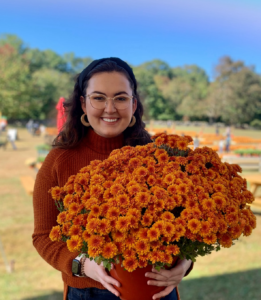
Valeria Schmidt
Graduate Student, OEB, Hopkins Lab
Fellow of the Arnold Arboretum of Harvard University

William (Ned) Friedman
Arnold Professor of Organismic and Evolutionary Biology
Director of the Arnold Arboretum of Harvard University
Faculty Fellow of the Arnold Arboretum of Harvard University
